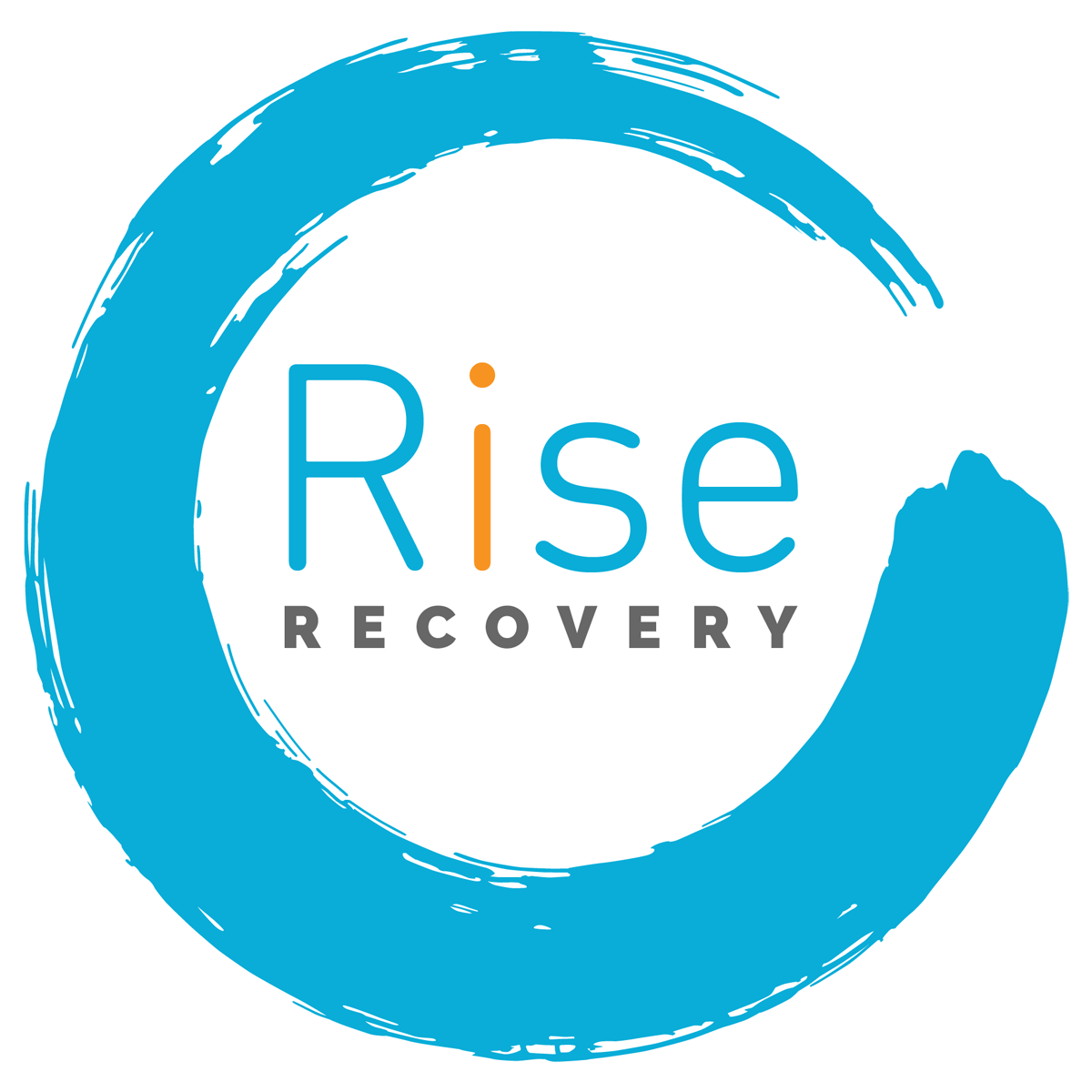The untimely and tragic death of Philip Seymour Hoffman reminds us that regardless of intellect, talent or success—no one is immune from the devastating effects of the disease of addiction. Addiction is a disease that leads to hijacking of the brain, and in the process causes profound loss of reasoning. Surely Hoffman did not imagine his relapse would lead to the loss of his life and devastation to his family and friends.
I have worked with thousands of families and young people suffering from the impact of chemical addiction. With few exceptions, these individuals and families delayed calling for help—either because of the overwhelming shame that something so unacceptable was taking hold of their family, or denial that it was bad enough to need help. Many are afraid that asking for help is a badge of dishonor. The fear and shame trick us into repression, thus allowing the disease of addiction to take hold. We don’t share it at work, with our social circles or our church. It’s kept in the dark and people get sicker. Like cancer, if we ignore it when it is in stage one, it is sure to grow to stage two.
Even though substance abuse starts with a bad choice it continues for other reasons. Alcohol and drugs are powerful. They cause physical and emotional damage in young people’s lives at a faster rate than adults. It’s never too soon to get help. There is hope because we know from experience that the early interruption of substance use is imperative in preventing further destruction.
In San Antonio one approach that has worked to address the cycle of addiction is intervention with young adults 24 years old and under. San Antonio is the 19th most generous city in the nation. Most important — have an open heart when you encounter a young person who needs help.
Hoffman had a disease and was blessed with 23 productive and purposeful years of remission. His death should not diminish hope for recovery. Far better for us to use it as a reminder that apathy, shame and judgment can and will open the door to relapse. Let us not forget that there are 23 million Americans in long-term recovery. Few choose Hoffman’s fate. His was the life of an addict. It wasn’t bad behavior. It wasn’t the failed war on drugs. It was the simple fact that relapse does happen. It is imperative that as a community we embrace those afflicted and for those of us in recovery to always remember to stay active, purposeful and mindful of the gift of another day.




